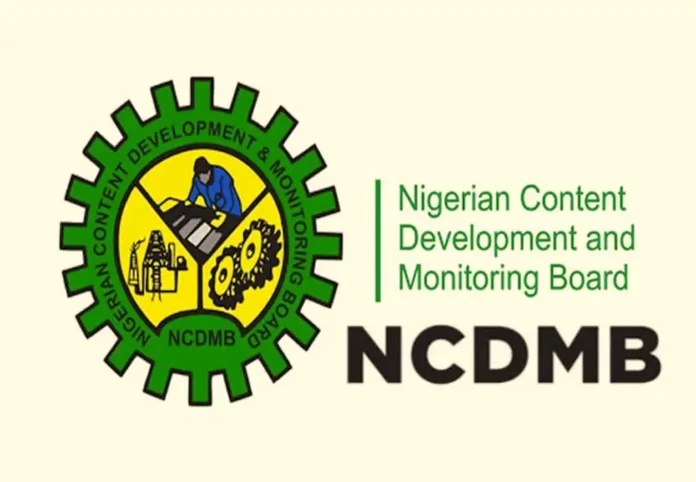In its effort to support local companies through its Nigerian Content Intervention Fund (NCIF) managed in partnership with NEXIM Bank, the Nigerian Content Development and Monitoring Board (NCDMB) has deployed over $350 million.
The board’s Director of Corporate Services, Dr. Abdulmalik Halilu, made the disclosure at the weekend during an engagement with youth leaders and Niger Delta Media Stakeholders in Port Harcourt, Rivers State.
He said six Centres of Excellence had been established nationwide to provide industry-focused training in gas, engineering, and safety studies.
Halilu said the NCDMB since the enactment of the Nigerian Oil and Gas Industry Content Development (NOGICD) Act in 2010 had redefined ease of doing business in the petroleum sector, supporting indigenous companies to thrive and enforcing compliance among firms with foreign interests.
“Between 2010 when the Act was enacted and now, fabrication, manpower services, and even partial integration of FPSOs (Floating, Production, Storage and Offloading platforms) have significantly increased in Nigeria,” he said.
He noted that over 100 indigenous companies could boast of exploration, production, and construction (EPC) capabilities, while about 15,000 Nigerians had been trained in critical skills such as welding, marine operations, and design engineering.
“The Board has lived up to expectations in its core mandate of developing local capacities and capabilities without compromising standards,” he said.
Speaking on why Niger Delta stakeholders should moderate their expectations, the Board’s General Manager, Corporate Communications, Dr. Obinna Ezeobi, clarified that the NCDMB’s mandate remained pan-Nigerian and not restricted to the Niger Delta.
“The NCDMB is a federal agency set up to build local capacities and enforce compliance of Nigerian content in the oil and gas industry and related sectors. It is not an interventionist agency for the Niger Delta,” he said.
He urged stakeholders to channel non-content-related demands to interventionist bodies created by the Federal Government for that purpose.
He stressed that NCDMB’s focus was to ensure Nigerians play active roles in staffing, procurement, and engineering across the oil and gas value chain.
Ezeobi also appealed to the media to protect the Board against misinformation and help set the right agenda for Nigeria’s oil and gas industry.
“In recent weeks, we have seen sensational and outright false stories that have nothing to do with us. We ask you, as gatekeepers, to filter out inaccuracies and focus attention on how to grow Nigerian content from the current 56 per cent to the targeted 70 per cent,” he said.
He emphasized that the media should prioritise narratives that highlighted job creation, compliance growth, and the economic impact of local content policies, instead of being used for distractions.
“Our engagement today is not just to explain our mandate but to ask you to help us set the right agenda—how to deepen local content, grow the energy industry, and strengthen compliance,” he said.
Also speaking, Mr. Bufazi Tareowei, Deputy Manager, Capacity Building, urged young Nigerians to take advantage of the Board’s programmes through the Nigerian Oil and Gas Industry Joint Qualification System (NOGICJQS), the central portal for accessing training and opportunities.
He reiterated that NCDMB would continue to work with youths, media, and other stakeholders to ensure inclusiveness and long-term growth.

